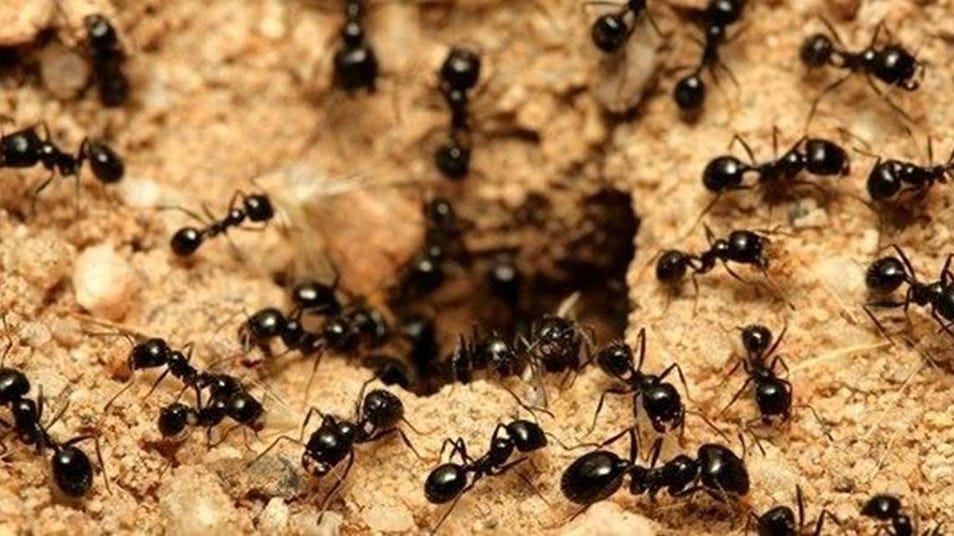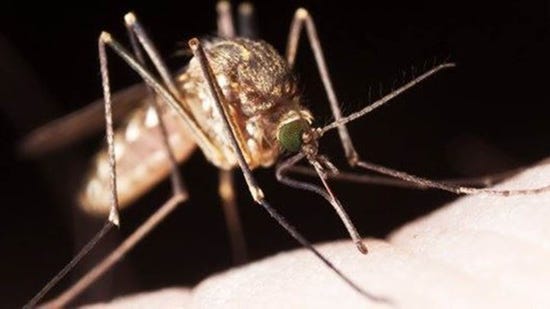
DO YOU SUFFER FROM FREQUENT ALLERGIES? THE PROBLEM COULD BE ANTS

Research now conclusively proves that ants can carry disease causing pathogens and even trigger allergies in people.
Most of us first lay our eyes on ants when we are very little and learning to crawl. Since babies are at ground level most of the time, they spot ants rather quickly and also learn that these crawling insects are either harmless or they bite!
But our interactions with ants are quite non-combative in nature. We know that if we let food sit outside for long, an army of ants will most certainly march towards it. Or if there are cavities in the walls of our homes, ants will find those cavities and crawl into them. They are tiny enough to creep through the smallest of spaces, and only some of them bite and leave temporary red welts on the skin.
And yet, ants are not completely harmless. For instance, have you ever considered that an ant bite may send you to hospital with a severe anaphylactic reaction? But that is exactly what happened to a 32-year-old housewife from Saudi Arabia’s Hafr-Al-Batin, who presented reactions of varying intensity after being bitten by black ants. The last reaction was so severe that she was admitted to the ER in an unconscious state, and was revived using a combination of treatments. She later revealed that the black ants infesting her home had taken up residence in the Hafr-Al-Batin area only after the Second Gulf War, and that many people in the locality had complained of symptoms similar to hers. Doctors then advised her to carry an EpiPen at all times.[1]
For long now, ants have not been associated with the transfer of disease-causing bacteria and pathogens. However, they can carry bacterial infections from a source (say, an open drain, rancid food, etc.) on their legs and bodies and transfer the same to the surfaces they come in contact with inside your home. It is likely that ants transmit these bacterial infections and germs to surfaces, human skin, open food and open wounds as well. Some species of ants in developing countries have been found to carry strains of such disease-causing pathogens as Streptococcus, Salmonella, E.Coli, Staphylococcus and Shigella.[2]
Doctors and researchers have been looking at ants found in the home – especially such species as the Pharaoh Ants – for their allergenic indications. People with breathing problems, especially, must be wary of ants in the home or workplace, since they are more likely to develop anaphylactic symptoms than others. The yellowish Pharaoh ants are said to have originated in the tropics, but now they are found all over the world – and they are particularly attracted to warmth and moisture. Thus, they are found inside homes, particularly in the bathroom and kitchen spaces. Pharaoh ants may cause asthmatic reactions, respiratory distress and even anaphylactic shock in some cases.[3]
Other reactions are induced with ant bites. Normally, an ant bite may subside in an hour, but if a fire ant bites you, it may cause a large swelling at the site. You might require an antihistamine as part of the treatment for the bite, apart from applying localized antiseptic cream. Extremely severe reactions are rare, but not impossible: these include cramping in the stomach muscles, hives on the skin, nausea, dizziness, swelling of the tongue and throat and even diarrhea. If you are allergic to ant bites, it is better to carry an EpiPen at all times.[4]
As always, the best defense is a strong offence – get these crawling pests out of your home with a strong pesticide at the first instance of their occurrence. If ants are allowed to settle in and build colonies inside the crevices and cracks in your walls, it might take ages to exterminate them entirely. A good ant-killing spray can certainly be useful in eliminating an entire bunch of ants at once. You can even pepper their hiding places with ant killing powder.
[1]‘Black (samsum) ant induced anaphylaxis in Saudi Arabia’, Muhammad Al-Shahwan, Sultain Al-Khenaizan and Mohammad Al-Khalifa, Saudi Med Journal 2006, Vol 27 (11)
[2]http://www.berkeleywellness.com/self-care/preventive-care/article/ants
[3]http://www.webmd.com/asthma/news/20050225/ants-can-cause-asthma-allergies



